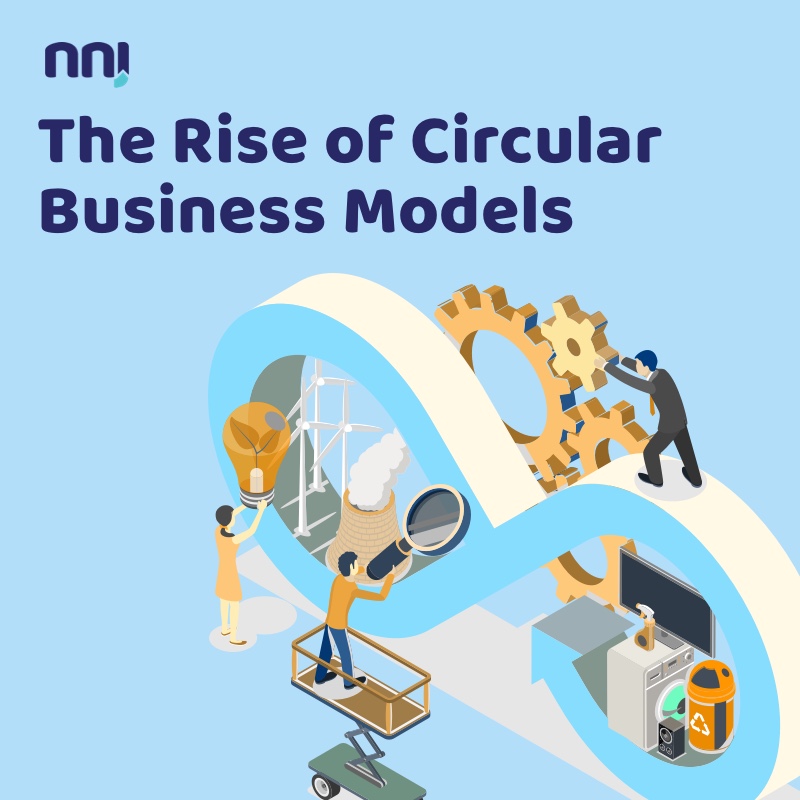The rise of circular business models is transforming industries and revolutionizing the way organizations operate. With a growing focus on sustainability and responsible resource management, circularity is gaining momentum as a powerful approach to business. Let’s explore how circular businesses are reshaping industries and driving positive change!
Closing the Loop: From Linear to Circular
Circular business models are a departure from the traditional linear economy, where products follow a “take-make-dispose” approach. Instead, circular businesses champion a circular economy, which strives to keep products, materials, and resources in use for as long as possible. By emphasizing reuse, repair, and recycling, circular businesses minimize waste and environmental impact.
Innovation Fuels Circular Transformation
Circularity inspires innovation and creativity, propelling organizations to develop solutions that disrupt traditional practices. Businesses are reimagining their products, services, and processes to promote sustainability. From incorporating circular design principles to embracing the sharing economy, circular businesses are at the forefront of driving innovation in their respective industries.
Extending Product Lifecycles
One of the key aspects of circular business models is extending the lifecycles of products. Through strategies like product refurbishment, remanufacturing, and leasing, businesses are maximizing the value derived from their offerings. Extending lifecycles not only reduces waste but also presents economic opportunities and enhances customer experience.
Collaboration and Partnerships
Circularity thrives on collaboration and partnerships. Circular businesses are forming strategic alliances with suppliers, customers, and stakeholders to create closed-loop value chains. By optimizing resource use, sharing knowledge, and pooling resources, these collaborations foster innovation and contribute to the growth of a circular economy.
Customer Demand for Sustainability
Consumers are increasingly demanding sustainable products and services. Circular businesses that prioritize environmental stewardship and communicate their sustainability efforts effectively are winning the favor of conscious consumers. By meeting these demands, circular businesses gain a competitive edge and build strong, loyal customer bases.
Policy Support and Regulatory Environment
Governments and policymakers around the world are recognizing the importance of circularity in achieving sustainability goals. Supportive policies and regulations are being implemented to incentivize businesses to adopt circular practices. This favorable regulatory environment encourages more organizations to embrace circular business models and contribute to a more sustainable future.
Moving Towards a Circular Future
The rise of circular business models marks a paradigm shift in how we approach economic growth and resource management. At its core, circularity is about doing more with less, designing for longevity, and embracing a regenerative mindset. As circular businesses continue to thrive, they pave the way for a sustainable and prosperous future.




